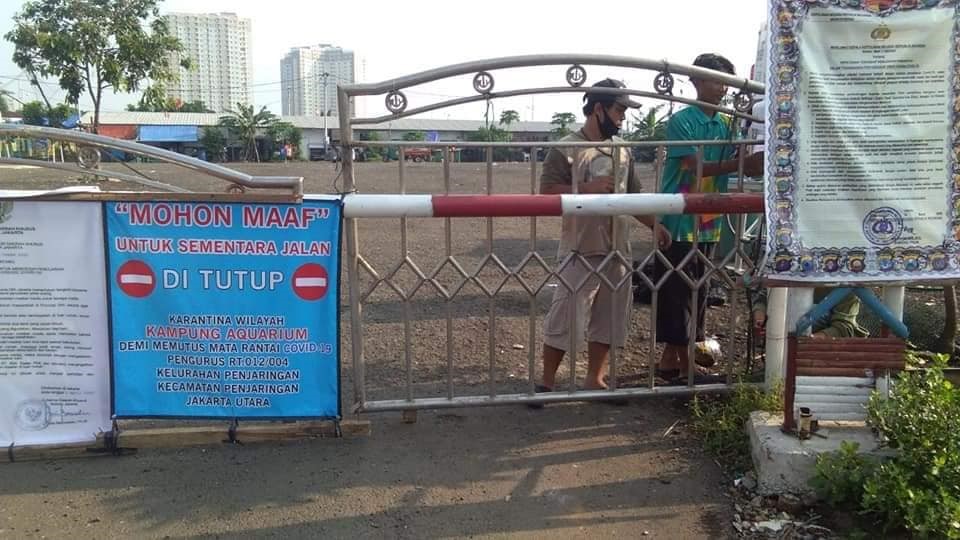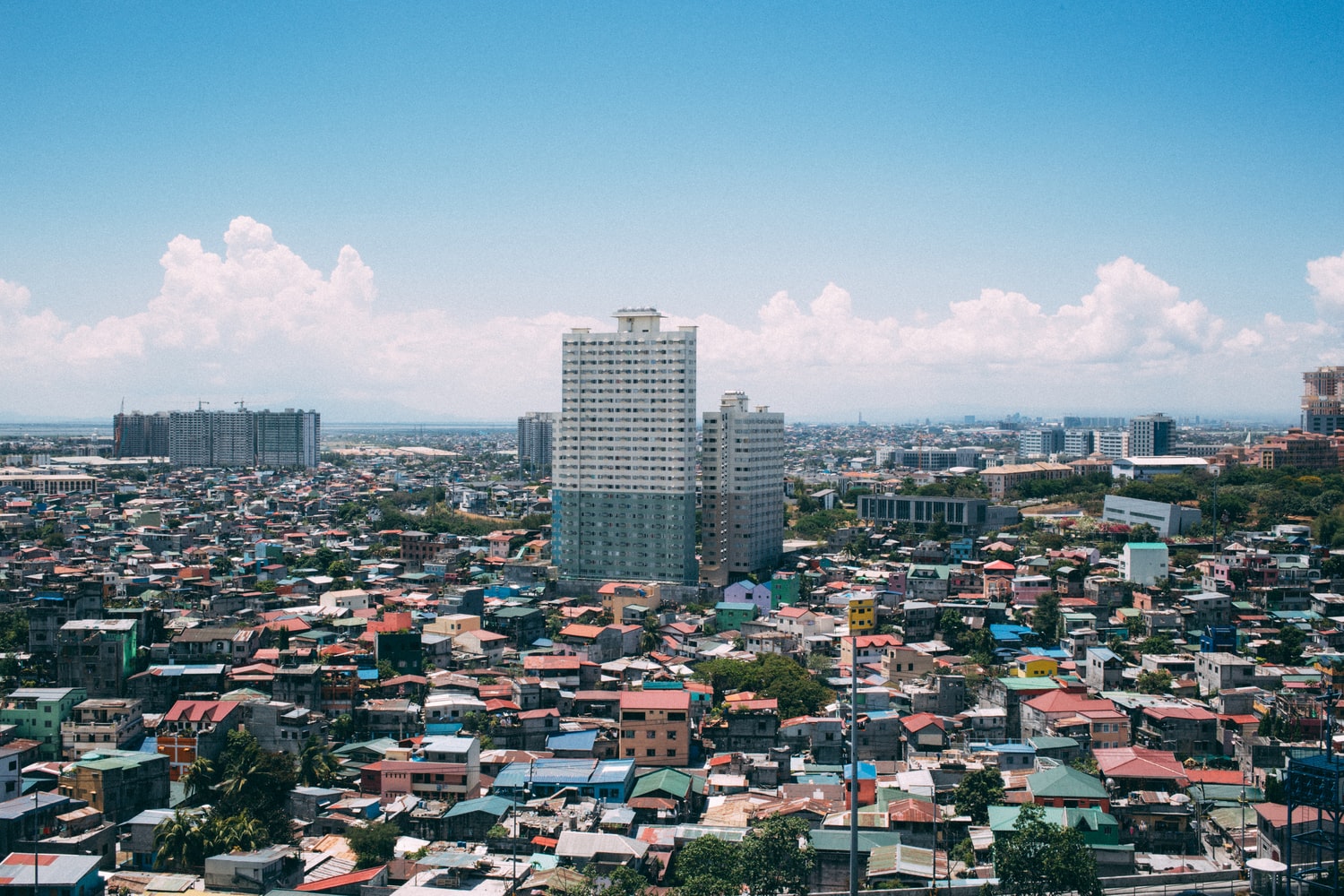COVID-19 presents huge challenges to governments, businesses, civil societies and people from all walks of life, but its impact is very much variegated, affecting society in multiple negative ways, with highly uneven geographical and socioeconomic patterns. COVID-19 reveals existing contradictions and inequalities in our society, and compels us to question what it means to return to ‘normal’.
Despite profound challenges facing the region, its voices have been underrepresented in many academic forums, apart from a small number of regionally specific initiatives. In this regard, the research team at LSE Saw Swee Hock Southeast Asia Centre aims to reflect upon what the crises mean for urbanisation, governance and connectivity in Southeast Asia, and to contemplate post-COVID-19 urban futures by focusing on three themes in particular, as follows:
- Mobilities: Movements of different groups of people in and out of Southeast Asia
- Digital: Technological infrastructures and visualisations
- Governance: Various levels of initiatives in response to COVID-19
In LSE Southeast Asia Blog, SEAC introduces various contributions from emerging and experienced researchers and practitioners. The contributions aim to initiate scholarly engagement with one or more of the themes above. We focus on the adoption of wide perspectives, paying attention not only to intra-regional or local dimensions but also to the ways in which Southeast Asia can enter into conversation with its neighbouring regions and the world.
More information about the project can be found on SEAC’s project webpage.





